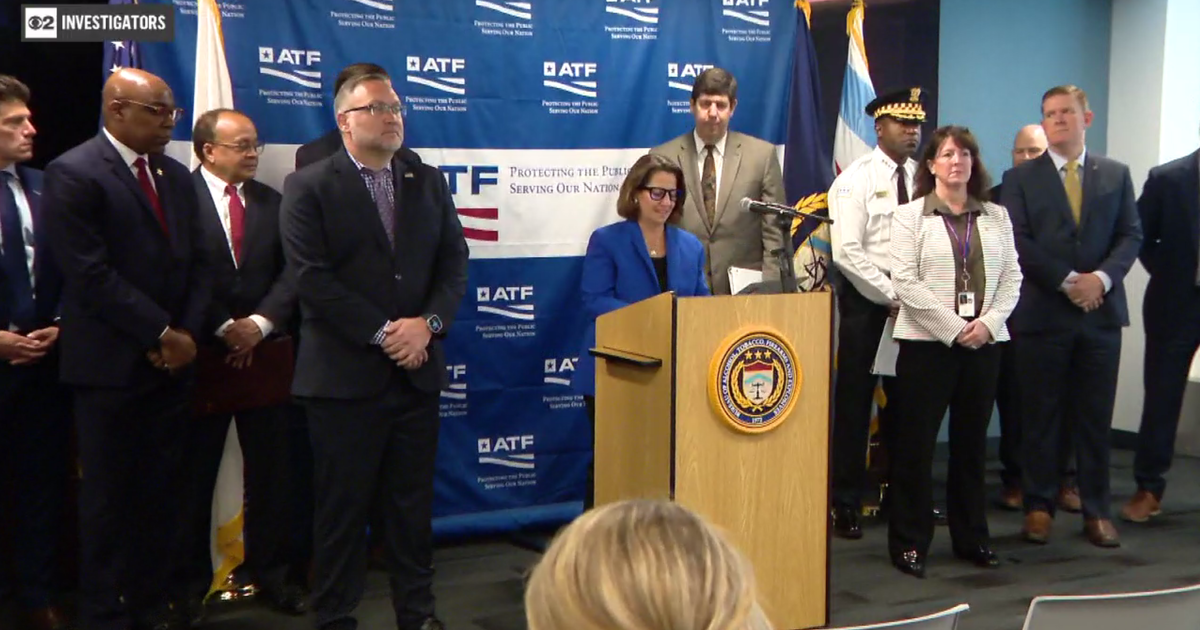Profile: A Nurse In Chicago & Her Education
With a high demand for nurses in Chicago, getting into nursing can be a lucrative career choice. But what education is required in nursing today and how does classroom education apply to real-life situations?
Demand for nurses is projected to remain at an elevated rate. According to the Illinois Department of Employment Security, registered nurses are projected to see an increase in job demand in Illinois, with job growth of 16.3 percent projected for 2020 from employment in 2010. Licensed practical and vocational nurses will see growth as well, projected to total 9.1 percent in the same timeframe Nationwide, job growth for registered nurses is projected to grow 26 percent, according to the Bureau of Labor Statistics.
To get a perspective on nursing today, we talked to Vicki Keough, PhD, APRN-BC, ACNP and FAAN. Keough is the dean of Loyola University Chicago Marcella Niehoff School of Nursing. "U.S. News and World Report" ranked the school as one of the top 50 nursing programs in the country.
Nursing degree requirements
While nurses complete a general education with their bachelor's degree, they can specialize in a certain field by completing rotations, which require nurses to work in different departments in a hospital. For instance, a nurse may spend one rotation in a neonatal intensive care unit and spend another rotation in the emergency room. Students in Loyola University Chicago's undergraduate nursing program must complete seven clinical rotations in settings that include hospitals, online lpn courses, longterm care facilities and other medical facilities.
Although nurses can complete their education through a diploma program or through a community college, Keough said nurses with a bachelor's degree have a high employment rate, and that many hospitals are increasingly hiring nurses with bachelor's degrees.
"Research shows that hospitals that employ a higher percentage of nurses with bachelor's degrees have better patient outcomes. The nurses have a high level of critical thinking skills and can think of what could happen to a patient one week or more after their hospitalization. The four-year degree provides the nurse with the ability to navigate through complex healthcare systems as an advocate for their patient," Keough said.
Additional education is also likely to become the standard for nurses, with the Institute of Medicine striving to increase the proportion of nurses with a bachelor's degree to 80 percent by 2020; currently, about 50 percent of all nurses have a bachelor's degree.
Nursing degrees work beyond nursing
Keough also believes that nurses with additional education can pursue numerous career paths within nursing. For example, a nurse with a master's of science in nursing can become a nurse practitioner. Other job opportunities with the advanced degree include becoming an administrator and working with public health systems. A nurse with a doctorate in nursing can undertake a field of research, further contributing to nursing practices and methods.
Education does not end when a nurse earns a degree. Keough emphasized that licensed registered nurses must fulfill continuing education requirements to retain their licenses. Continuing education may include courses on how to use new medical equipment effectively or attending lectures on current health issues. This continuing education helps a nurse's skills stay up-to-date with current practices and technology. All continuing education courses must be approved by the state nursing board.
Megan Horst-Hatch is a mother, runner, baker, gardener, knitter, and other words that end in "-er." She loves nothing more than a great cupcake, and writes at I'm a Trader Joe's Fan. Her work can be found at Examiner.com.




